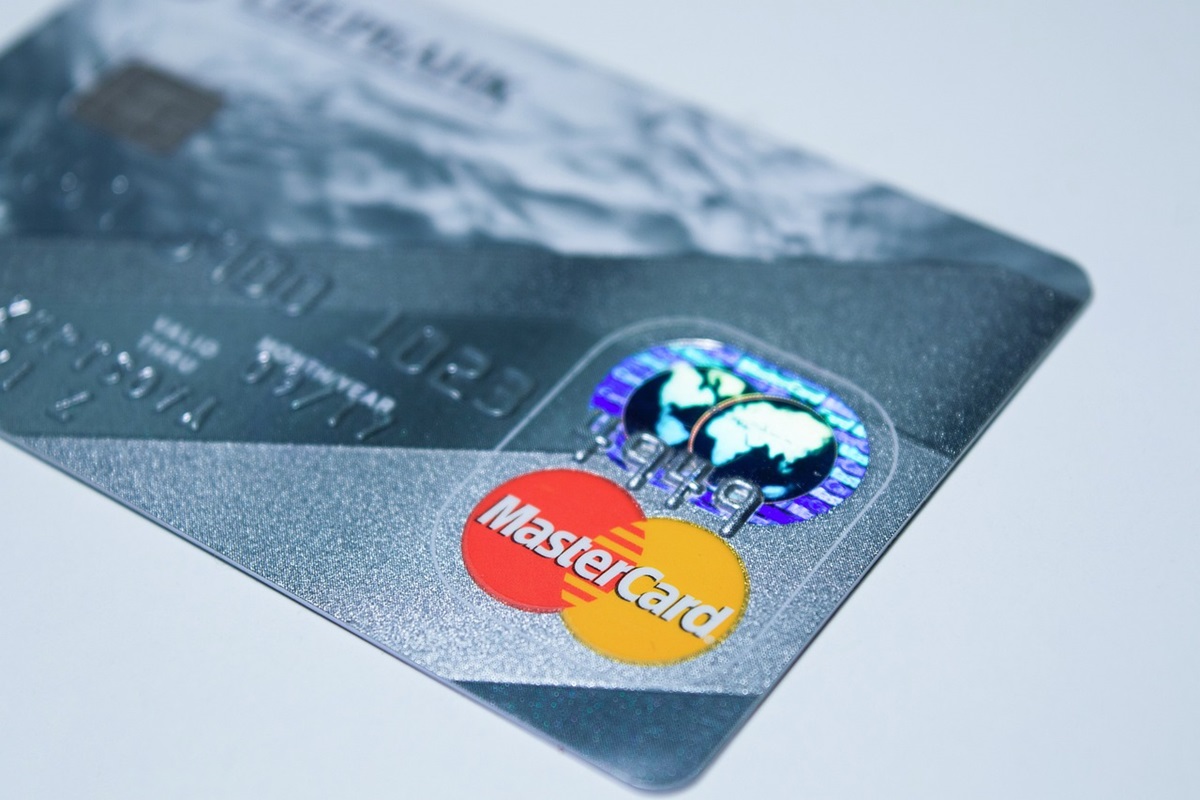Mastercard has presented a milestone update for its cryptographic credential tool.

Last Wednesday, May 29, the mentioned giant of the payment industry reported that users of crypto exchanges can send and receive digital currencies with their crypto credential aliases. The company notes that the new feature allows consumers not to rely on traditionally long and complex blockchain addresses.
Peer-to-peer payments (P2P) are an example of the first real application of the Mastercard Crypto Credential vision system, which was presented last year. This system contains the potential to further expand and support the domestic and cross-border remittance market. The relevant information is contained in a message released by Mastercard.
In this case, the setup is worked by pre-verifying the user following a set of standards for the company’s crypto credentials. The client then obtains an alias to send and receive funds. Mastercard’s crypto credentials verify the authenticity of the recipient’s alias at the moment when the transfer procedure begins. This mechanism also automatically determines whether the client’s virtual wallet supports a digital asset and its associated blockchain. If the result of this check is negative, the transaction will not be executed. Mastercard emphasizes that within the framework of the mentioned mechanism, all parties are protected from potential loss of funds.
The giant of the payment industry presented Crypto Credential in April last year. At that time, the company noted that this solution was designed to ensure that financial institutions, governments, brands, and crypto organizations meet certain standards for the types of activities they would like to pursue in a Web3 environment.
As we have reported earlier, Mastercard and African Development Bank Group Collaborate to Provide Digital Identities.









